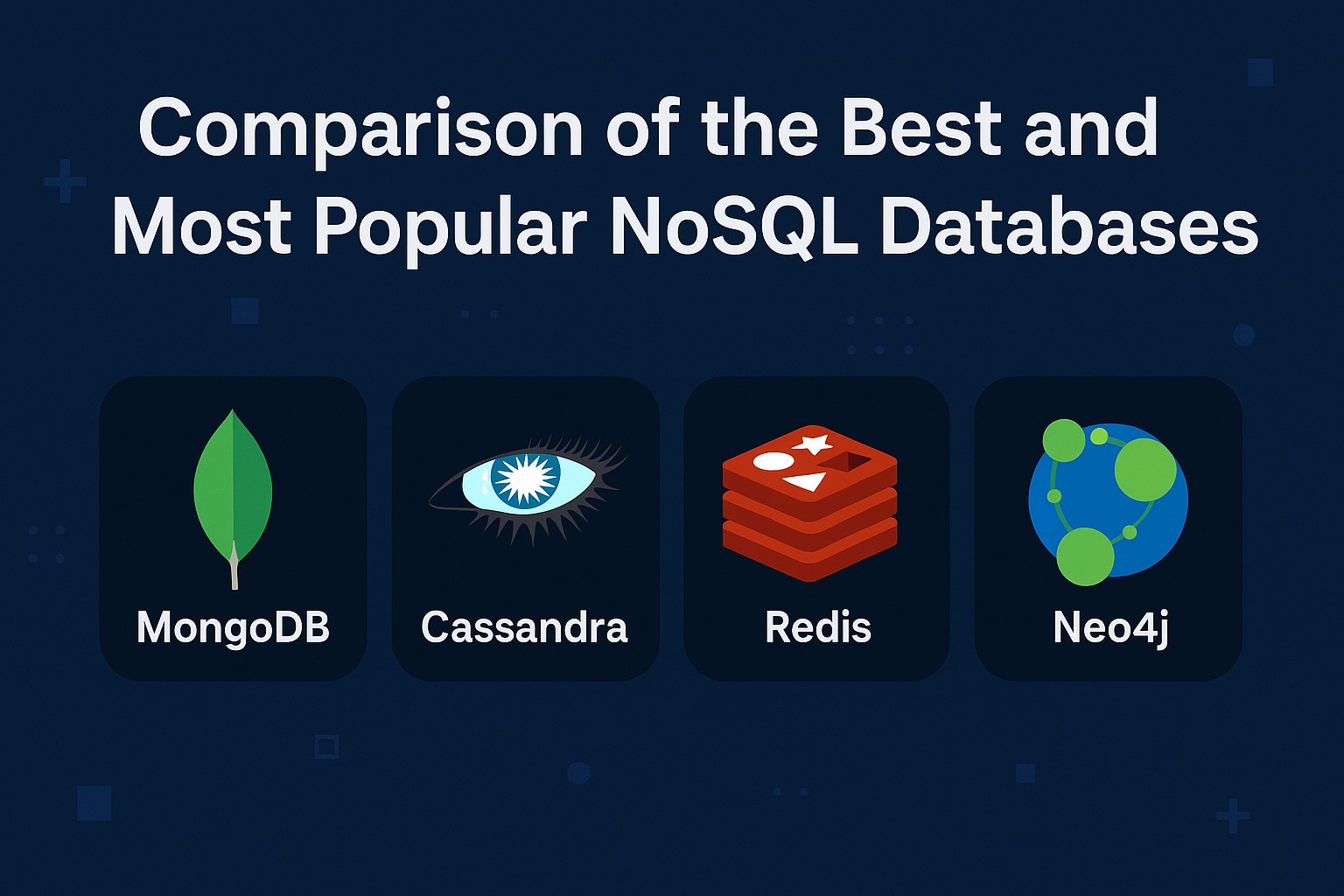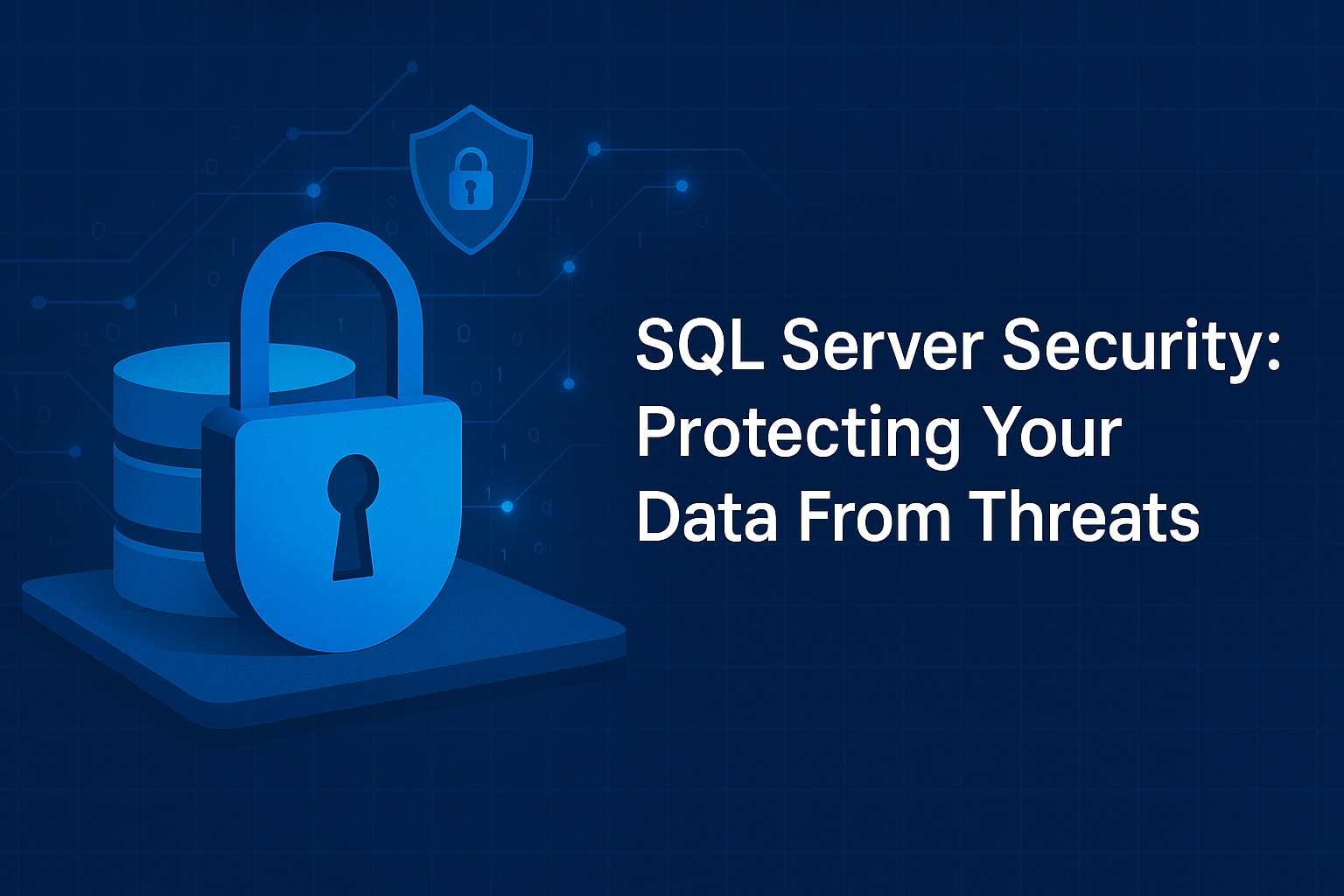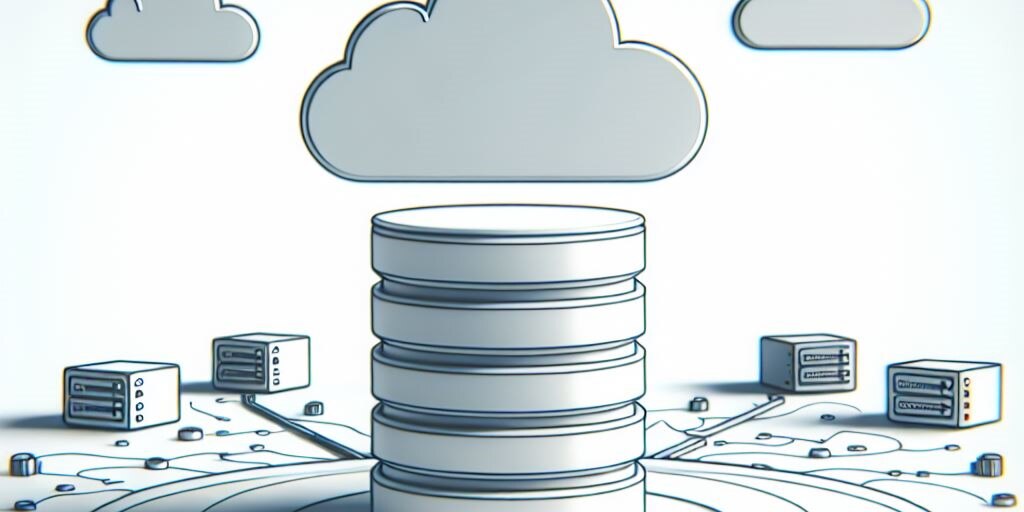Comparison of the Best and Most Popular NoSQL Databases
Traditional databases store data in structured tables, whereas NoSQL (non-SQL) databases use more flexible, non-tabular storage methods. NoSQL databases can store a wider range of data types, including document stores, wide columns, key-value stores, and graphs. These databases first emerged in the late 2000s to support massive horizontal scaling and high-throughput workloads for web applications….
SQL Server Security: Protecting Your Data From Threats
If your organization isn’t focused on data security, it’s time to make some changes, particularly if you rely on SQL Server to manage and store valuable information. Cyber threats, data breaches, and malicious attacks are on the rise—and they are constantly evolving. That’s why it’s essential to have robust security measures in place. SQL Server…
5 Critical Steps in the Effective Change Management Process. Guide + Best Practices
Change is constant, but without a structured approach, it can lead to confusion, resistance, and costly disruptions. A well-planned change management process ensures transitions happen smoothly, minimizing risks while keeping teams aligned and operations running efficiently. Whether adopting new technology, restructuring teams, or refining business strategies, organizations that manage change effectively turn challenges into opportunities…
What Is High Availability in SQL Server?
Developed by Microsoft in the 1980s, SQL Server is a relational database management system designed to help store, retrieve, and manage data. SQL Server’s strong data processing capabilities, robust security, and high scalability make it an excellent option for enterprise environments that need to process high volumes of advanced analytics, transactions, and more. Data availability…
Defining Constraints within CREATE TABLE in Oracle 12c
You can use the CREATE TABLE statement to enforce several different kinds of constraints on a table: candidate keys, primary keys, foreign keys, and check conditions. A CONSTRAINT clause can constrain a single column or group of columns in a table. The point of these constraints is to get Oracle to do most of the work…
Oracle Log Buffer Space Wait Event
The log buffer space wait event occurs when server processes write data into the log buffer faster than the LGWR process can write it out. The LGWR process begins writing entries to the online redo log file if any of the following conditions are true: The log buffer reaches the _log_io_size threshold. By default, this…
Oracle Cache Buffers Chain Latch
A user process acquires the CACHE BUFFERS CHAINS latch to scan the System Global Area (SGA) for database cache buffers. Blocks in the buffer cache are placed on linked lists (cache buffer chains). Blocks are put on the hash chain according to their DBA (data block address) and CLASS of the block. Each hash chain…
Solving Oracle enq: TM Contention Wait Events
Recently, I was assisting one of our customers for Oracle trying to diagnose sessions waiting on the “enq: TM – contention” event. The blocked sessions were executing simple INSERT statements similar to: INSERT INTO supplier VALUES (:1, :2, :3); Waits on enq: TM – contention indicate there are unindexed foreign key constraints. Reviewing the SUPPLIER…
Understanding the Oracle db file sequential read Wait Event
The db file sequential read wait event has three parameters: file#, first block#, and block count. In Oracle Database 10g, this wait event falls under the User I/O wait class. Keep the following key thoughts in mind when dealing with the db file sequential read wait event. Common Causes, Diagnosis, and Actions The db file…
SQL Server fn_dblog() Function Details and Example
The fn_dblog() function (formerly known as the DBCC command) is one of several undocumented functions for SQL Server; it allows you to view the transaction log records in the active part of the transaction log file for the current database. Note that use of the fn_dblog() function (and all other undocumented commands) against a production…
Oracle Wait Event Explained: Direct Path Read Temp
About the direct path read temp wait event When a session reads buffers from disk directly into the PGA, the wait is on direct path read temp. This is closely related to the direct path read wait. If the I/O subsystem doesn’t support asynchronous I/Os, then each wait corresponds to a physical read request. If…
Oracle PL/SQL Lock Timer Wait Event
The PL/SQL lock timer wait event represents the amount of time a user or application has “slept” through the USER_LOCK.SLEEP or DBMS_LOCK.SLEEP procedures. The ‘idle’ event “PL/SQL lock timer” is worth watching because it can indicate issues with application response, throughput and possibly coding. The PL/SQL lock timer wait event is, as the command that issues…
Oracle Row Cache Lock Wait Event Explained
In order for DDL (Data Definition Language) to execute, it must acquire a row cache lock to lock the data dictionary information. The shared pool contains a cache of rows from the data dictionary that helps reduce physical I/O to the data dictionary tables and allows locking of individual data dictionary rows. The locks on the…
Oracle Log File Sync Wait Event
The Oracle “log file sync” wait event is triggered when a user session issues a commit (or a rollback). The user session will signal or post the LGWR to write the log buffer to the redo log file. When the LGWR has finished writing, it will post the user session. The wait is entirely dependent…
Oracle Read By Other Session Wait Event
When a session waits on the “read by other session” event, it indicates a wait for another session to read the data from disk into the Oracle buffer cache. If this happens too often the performance of the query or the entire database can suffer. Typically this is caused by contention for “hot” blocks or…
Oracle Latch Free Wait Event
The Oracle latch free wait event occurs when a session needs a latch, tries to get the latch, but fails because someone else has it. So, it sleeps with a wait on latch free, wakes up and tries again. The time it was asleep is the wait time for “latch free.” There is no ordered…
Guide to Data Observability
The way we manage, qualify, and utilize our data is constantly tested. With the amount of information we have at our disposal, managing and ensuring data quality has become a strategic lever for companies striving for excellence. How can we ensure our data management is flawless and the data quality on which we base our…
DBaaS Explained
Managing databases is a real pain point for businesses. It is time-consuming and complicated, and it often distracts resources away from main operations. This is where database as a service (DBaaS) comes into play. DBaaS is revolutionizing the way organizations manage their data—tremendously faster and in a much more secure manner. It is a cloud-native…
MongoDB vs. PostgreSQL
When it comes to choosing the right database for your needs, understanding the key differences between the performance and use cases of MongoDB vs. PostgreSQL can make all the difference. MongoDB is a NoSQL database, which shines when working with unstructured or rapidly changing data. Meanwhile, PostgreSQL, a tried-and-true relational database, is known for its…
MariaDB vs. MySQL
Deciding which database to use isn’t easy. Not only do you need to consider your immediate needs, but you also have to think about your long-term goals. Additionally, you need a deep understanding of various database types, including their differences, use cases, and more. After all, your database selection can impact your application’s future scalability,…
MongoDB vs. MySQL
Choosing a database is no easy feat. You must consider your organization’s current requirements and anticipate its future needs. Also, there are plenty of databases to choose from, and each type has its pros, cons, and use cases. To help you decide, we’re diving into a MongoDB vs. MySQL comparison in this article. We’ll review…









